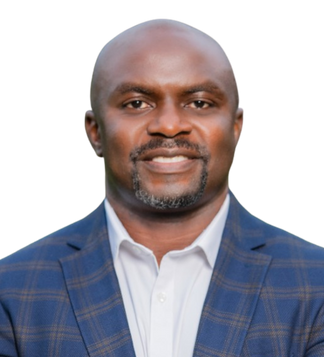In this episode of the Smarter Sourcing podcast, John speaks with 11x CFO Raymond Silcock, about Raymond’s career in procurement and supply chain management, including at Diamond Foods, CTI Foods, Perrigo, and Neptune Wellness.
Raymond gives examples of the various international supply chains he has seen and how even a few hours made a difference in pricing of a product. In particular, they discussed the challenges a supply chain might face and how Raymond and the companies he worked with addressed those challenges.
Topics discussed:
- How the Campbell’s Soup meatpacking supply chain was heavily influenced by politics and the requirements of shipping perishable goods.
- The challenges of having international workers and how Raymond helped address them while working at a company located on the US-Mexico border.
- How Swift Armour used triangulation to manipulate the profitability of its Argentina branch.
- How deeply a company has to dig into the cost base of a product to make sense of the numbers.
- Putting costs into the context of global events such as a pandemic internally and externally to your company.
- How sometimes it’s better to learn from your mistakes than it is to always have a backup plan.
Guest Quotes:
“But I think the critical thing is to find out what went wrong compared to what you expected and then use that to try and understand the future. I don’t think it’s always possible to have a backup plan.”
“It’s not going to result in people not having any work to do, in my opinion. It’s going to result in people having better work to do.”
“They printed the menu up with a little blank beside where the price should be. And they would sometimes change the price between lunch and dinner because that’s how fast the inflation was going.”
“And being able to explain it was critical to being able to ameliorate the impact that the bad news had on the street and the company’s stock price.”
Get in touch with Raymond Silcock:
Get in touch with John Pavia:


 Audio Podcast
Audio Podcast










